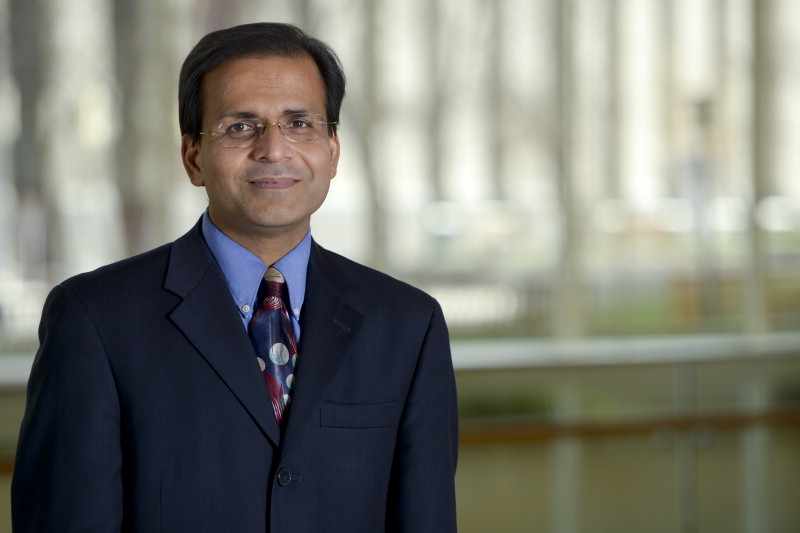-
Something to Think About: The comparison trap

Dr. Amit Sood says, "Avoid the comparison trap."
Dear friend,
I want to feel good about myself. But I do a poor job at it. Ideally I should be happy about the good within me and admire the good in others. I do just the opposite.
When I see good in others, instead of admiring it, I experience low self-esteem and envy; when I think I am good, instead of being grateful, I become haughty and inflated.
Even worse, I am highly skilled at zeroing in on the not so good in others. I judge others in domains where I am the strongest (and they are the weakest). I judge myself in domains where I am the weakest (and they are the strongest). Both these comparisons make me miserable and depressed. I am caught in the comparison trap.
I compare because I want to know where I stand. I compare because I lack confidence. I compare because my earliest haunting memories are of being compared to a distant cousin who always scored 100 percent in math, never lost a pencil, never drank soda, and started flossing at the age of nine.
Comparison isn’t inherently bad. Comparison helps you weigh options, separate wrong from right, and pick from among a number of choices. Comparison that inspires and admires can be a powerful force. My comparisons, however, are biased to see the imperfections.
The reality is that most people are strong in different ways. Society values particular strengths based on its present needs. If someone isn’t highly valued today, it may be because his or her domains of strength are not aligned with the present societal needs. That doesn’t change his or her intrinsic value.
I should recognize my weaknesses and soften my negative judgments about others. I should value others’ intrinsic values, such as kindness, caring, sense of humor, presence, and creativity, instead of comparing myself with their success, looks, or net worth. When I do compare, I should take pride in others’ strengths and my own. I should actively seek what is right and excellent. No athlete has ever won gold medals in both the hundred-meter sprint and wrestling at the same event. I should default to admiring and being inspired.
As for my near-perfect cousin who contributed to my childhood misery—I have come to know that someone was inflating his accomplishments. However, if I had known this fact at that time, I wouldn’t have pushed harder to match up with him, and I would be selling tomatoes at a street corner today. I am grateful to him, and I should remember to be grateful (instead of envious) to everyone whose excellence inspires me today.
May you be accepted and admired for who you are; may you accept and admire others for who they are.
Take care.
Amit

Read previous blog posts and follow @AmitSoodMD on Twitter.







